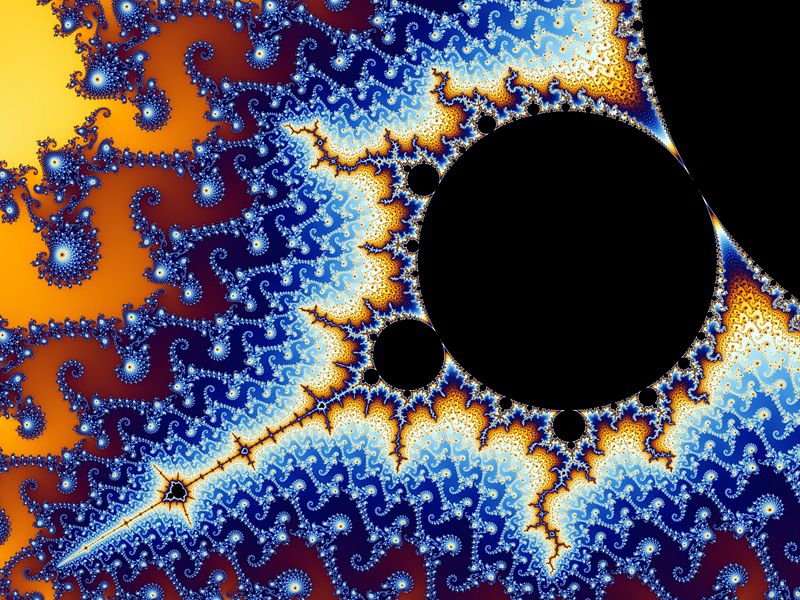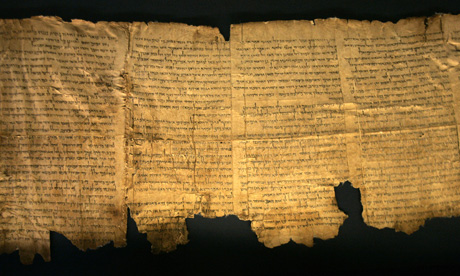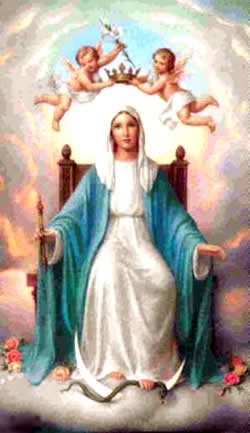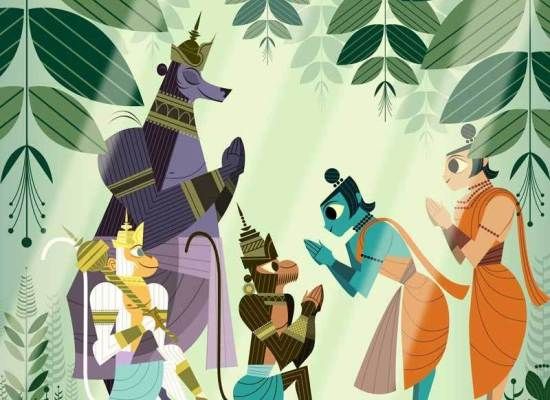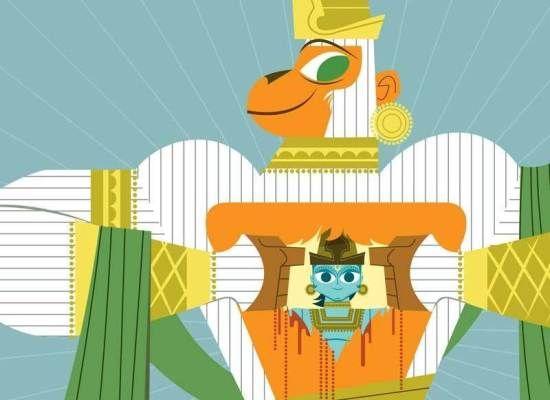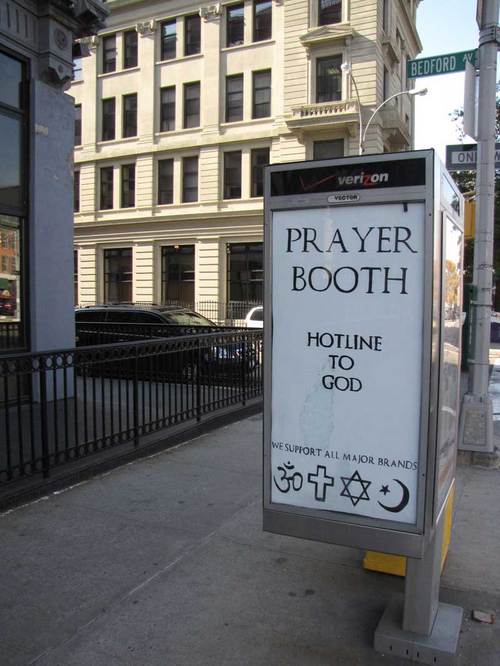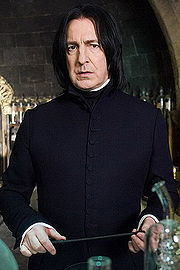
A Facebook friend just asked for opinions on
this WashPo article. I had to take some time to collect my thoughts - it's been a busy day - and I felt like Arnold Horshack ["
OOoooh, Oooohhhh!!!] I have a lot of
ideas about vampires.
The gist of the article is that vampires are the mirror image of Christianity, and the subtext is that Mormons are in the thick of it (I'll get to that in a minute).
I agree. Here's how I see it in the breakdown, Christianity vs. the vampire myth:
Blood: First things first. Christians "drink Jesus' blood" every time they participate in communion (the ritualized remembrance that Jesus gave his life for us, to redeem our sins, and to show God's enduring love for the world.) Through this blood, we humans are given everlasting life.
Vampires drink blood to survive - it is the only nourishment they can handle. They can never get enough, and
must feed. Some vampires are called immortal, some "undead." Only through death/killing* are able to drink blood. To become a vampire, they need to share blood, or be bitten by another vampire, often, it seems, through trickery. [To me, this "shared blood" imagery has always reminded me of AIDS, "
Share the love, don't share the needle."]
Love/Lust: Love is important to Christians (as it is to most religions), but we are explicitly told that through Christ's blood we have proof of God's love. We must "‘Love the Lord your God with all your heart and with all your soul. Love him with all your strength and with all your mind.’(Deuteronomy 6:5) And, ‘Love your neighbor as you love yourself." Luke 10:25-28. This is a chaste love, or a love that encourages us to help others (feed the poor, help the sick, etc.) It is not carnal love; lust is considered a sin.
But for vampires, lust is a great tool. Like the image above, a
succubus is similar to a vampire - seducing humans to (spiritually) weaken them. Vampires use lust to lure their prey and feed. The
opening scene from The Hunger [nsfw], one of my favorite movies of all time, shows this. I thought
Twilight handled teenage desire so well. I mean, the books are terribly written, but you
get it! And I thought the first movie was excellent at showing lust: [sigh], Edward.
Human Weakness/Vampire Strength: Humans are weak. We struggle, especially with lust, and generally with things we desire.
Vampires use lust and our other desires to ensnare, but they also have "super-human strength."
Light/Dark: Christians talk about "seeing the light." Each of us "has the light of God within us."
Vampires move in the dark, and can't go out into the light. In some vampire stories they will be burned if they go out into sunlight, or will turn to stone. In Twilight, they sparkle. What can I say there, other than the author, like me, grew up in the age of Disco?

* Which brings me to
Twilight. I was not aware of the specific reference to Mormonism in vampire lore that is described in the WashPo article, but it does make Stephanie Meyer's take a little more interesting.
Edward Cullen is her vampire hero. He turns most of the dichotomies I've described above on their heads. He's a "vegetarian" vampire, meaning, like "Louis" in Anne Rice's
Interview with the Vampire, he feeds only on animals, not humans. Edward inspires terminal lust in Bella Swan, but refuses to let her act on her wild desires. He begs her to reconsider her wish to "become like him" because he is "concerned for her soul." He believes he is damned to hell for his undead state. The Cullens, like all vampires, have incredible speed and strength, and some of them even have "super powers." Edward's is that he can read other people's and vampires' thoughts - all except Bella's. And lastly, yes, he sparkles in daylight, but he also wants to help humans. He's one of the good guys.
I usually agree with Jung, and I think that vampires do "
embody aspects of ourselves that we reject, hide or are ashamed to confront." But now, with Edward being so darned good, what are we to do with this myth?





